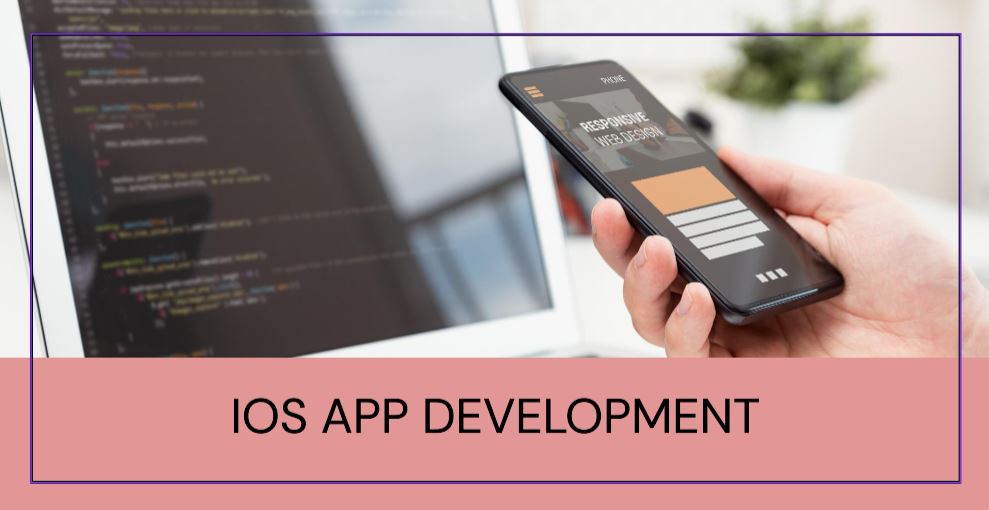Enterprises hunt for processes and models that are scalable and effective in the app development field so they can offer their customers engaging digital experiences. Laravel is one of those frameworks that is in demand because of its strong features and ease of adaptation for web development. However, is it remote enough to build mobile apps on Laravel in an efficient way? To perceive its applicability, benefits, and downsides, let us delve into the following key considerations.
The crucial importance of mobile app development services will be explored in this article.
Understanding Laravel’s Capabilities in Mobile App Development
Overview of the Laravel Framework:
Laravel is a PHP-based web application framework that has signature readability, extended capabilities for developers, and a huge number of users. Unlike other frameworks, Laravel was initially created for web development, but later it was enhanced by the addition of features that can be useful in building mobile apps as well.
Laravel for API Development:
The ability of Laravel to create robust APIs is, however, one of the benefits it has to offer. APIs are like the bridge that links mobile apps and servers, making it possible to implement features and share data. Aside from its capability to design APIs, Laravel is a proper choice to build back-end systems .
Integration with Frontend Technologies for Mobile App Development: Laravel is a frontend framework that is widely utilized in mobile app development, but it also does backend development very well. For example, frontend frameworks such as React Native, Flutter, or native mobile app development platforms can use Laravel APIs. An experienced mobile app development company can help with integration.
Benefits of Using Laravel for Mobile App Development
Rapid Development Using Laravel’s Eloquent ORM:
Developers can decide to spend more of their efforts on app logic compared to intricate database queries because of Laravel’s eloquent ORM (Object-Relational Mapping), which simplifies database management. This quickens the pace of development, which is important for any mobile app company that wants to release on schedule.
Robust Security Specifications:
As mobile app development deals with user data, it will never be omitted that security is very important. In Laravel, the security functionality includes encryption, authentication methods, and protection against cross-site request forgery (CSRF) in order to provide the best possible sphere of influence for app owners.
Scaling and Performance Optimization:
With the increase in mobile app complexity and the growth of the user base, scalability goes higher on the priority list. Along the lines of caching, queue management, and database operations, Laravel’s design helps create an app that can scale with time, thus keeping the performance at its best while dealing with more traffic.
Code Reusability and Maintainability:
Laravel encourages code reusability and maintainability by using reusable components, modular development techniques, and well-organized code. This ultimately lowers development overhead by making updates, bug fixes, and future improvements easier.
Vast Community Assistance:
Laravel has a thriving and lively developer community that offers helpful updates, improvements, and support. In order to solve problems and keep current with market trends, developers can utilize the use of community-driven resources . This promotes innovation and continual progress in mobile app development projects.
Considerations and Best Practices
Native vs. Hybrid Method: Although Laravel facilitates backend development for both native and hybrid mobile apps, companies should assess which method best fits their needs by taking into account factors like performance expectations, target audience, and app specifications.
Optimal API Design and Documentation:
A smooth connection between the mobile frontend and the Laravel backend depends on an efficient API design and thorough documentation. The entire app experience is improved by having clear authentication procedures, error-handling techniques, and API endpoints.
Testing and Quality Assurance:
To guarantee app operation, performance, and security, extensive testing—including unit, integration, and user acceptability testing—is essential. The testing features of Laravel can possibly be used to create reliable QA procedures. A competent mobile app development agency will ensure necessary testing and assessment.
Constant Observation and Improvement:
Businesses can evaluate app performance indicators, locate obstructions, and proactively enhance app performance, user experience, and resource use by putting strong monitoring tools and operational analytics into place. Constant observation guarantees the responsiveness, expansion, and stability of the applications, improving user experience overall and app profitability.
Conclusion: Leveraging Laravel’s Potential in Mobile App Development
To sum up, companies can employ Laravel for developing mobile apps by utilizing its advantages in backend development and integration. Businesses can make use of Laravel’s capability to create dependable and sophisticated mobile apps by implementing best practices.
Reputable organizations, and mobile app development services that specialize in Laravel development services can present customized solutions to businesses looking for skilled assistance in Laravel development for mobile apps. These services guarantee successful app deployment and satisfied users.




